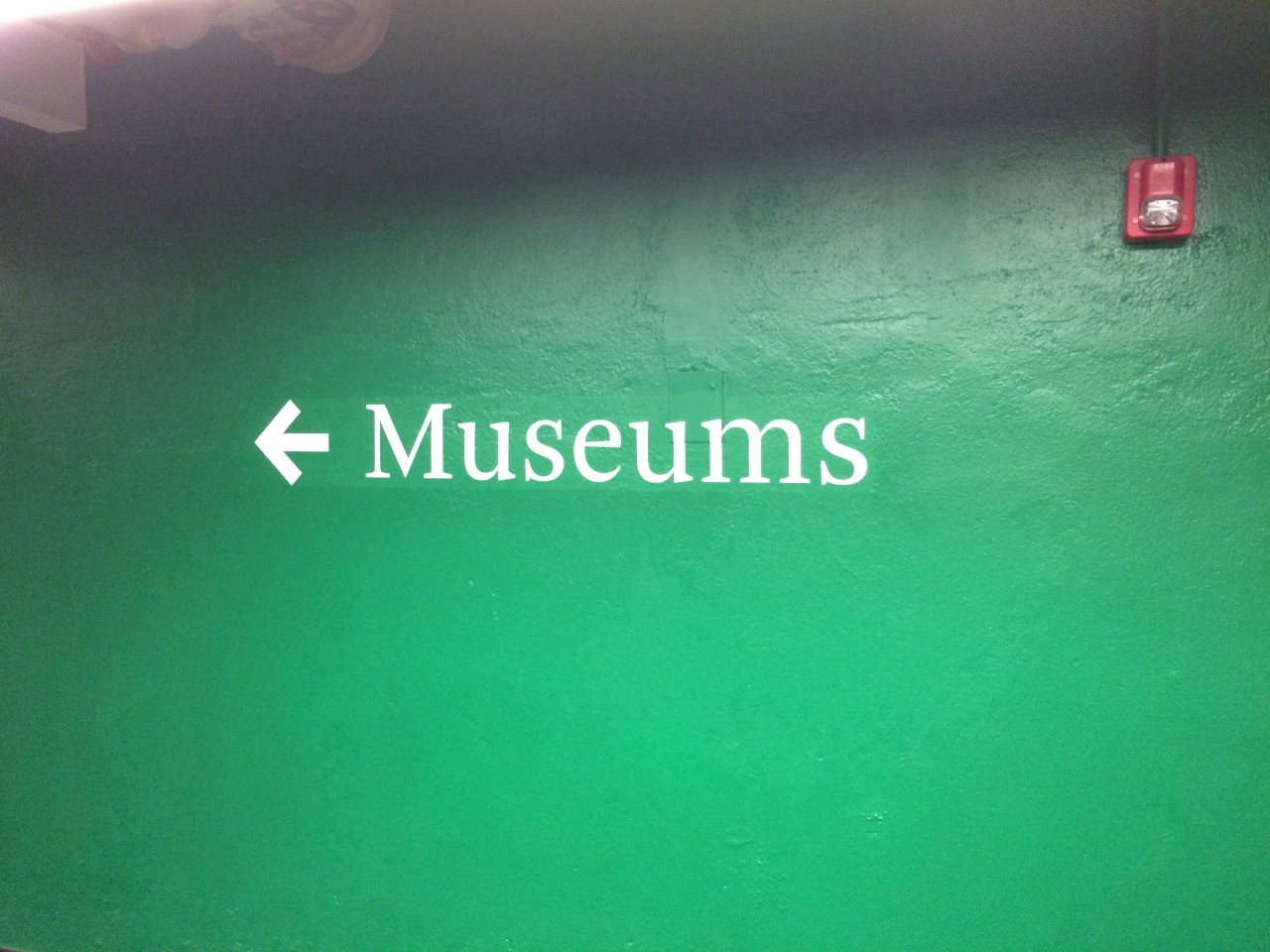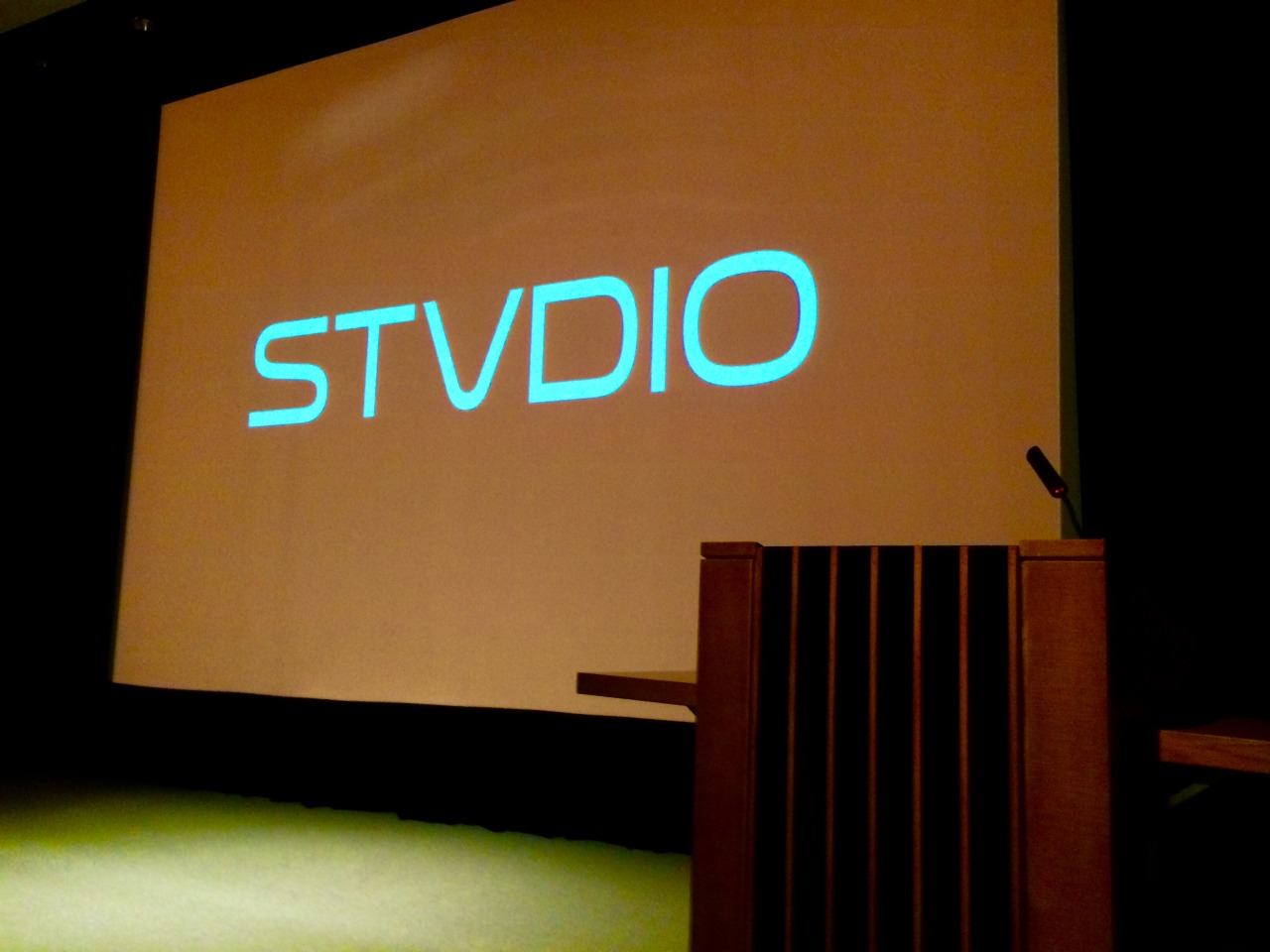“And when I heard this, I mean, I was shocked but at the same time enthusiastic because there was something sick and something fabulous in this story, this Western style sculpture carved on a boat by a group of Chinese craftsmen had something that was very much connected with the dynamics of the world today, the way capitalistic societies treat the world…and at the same time this idea of a marble sculpture produced on the boat in the ocean during the trip, had something like a fairy tale.”
—Adrian Paci: The story of a stone. The video is a short piece about Paci’s own video work, ‘The Column’, which itself is a wordless 20 minute story. Beautiful.






